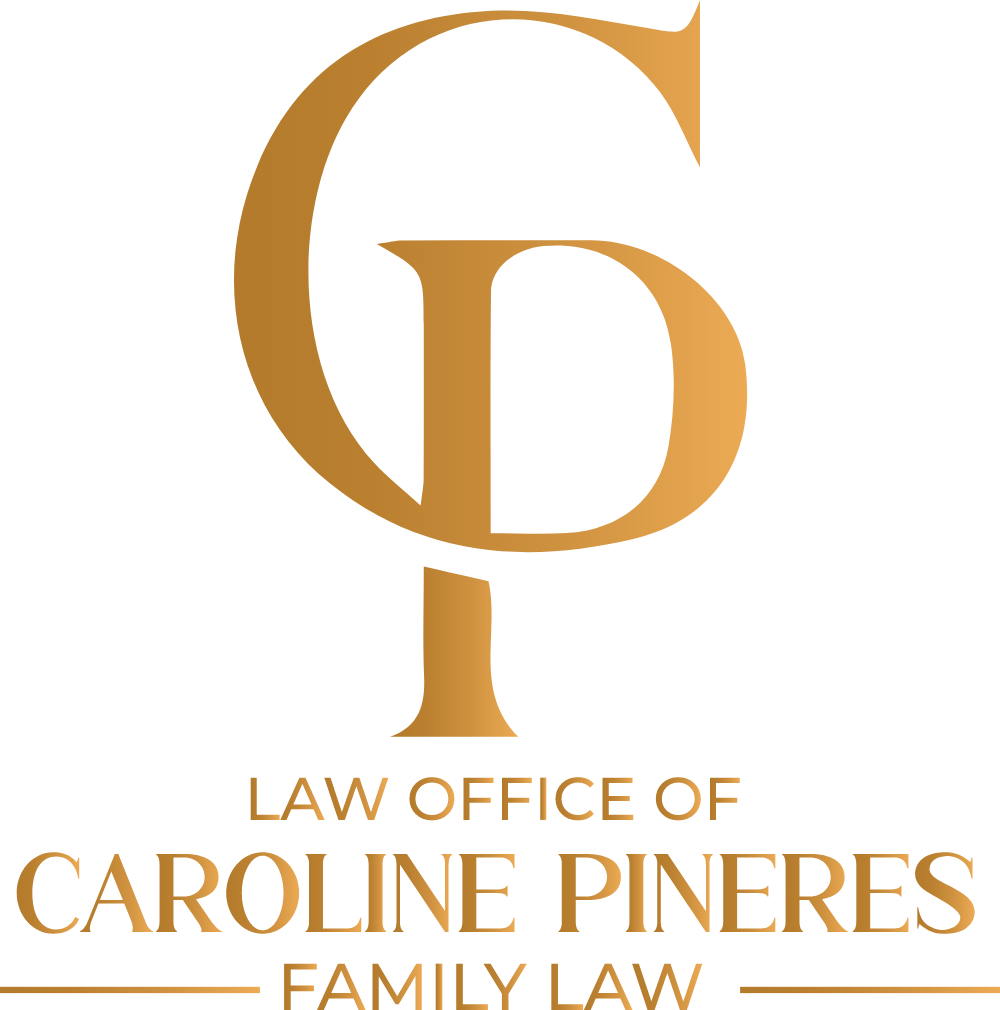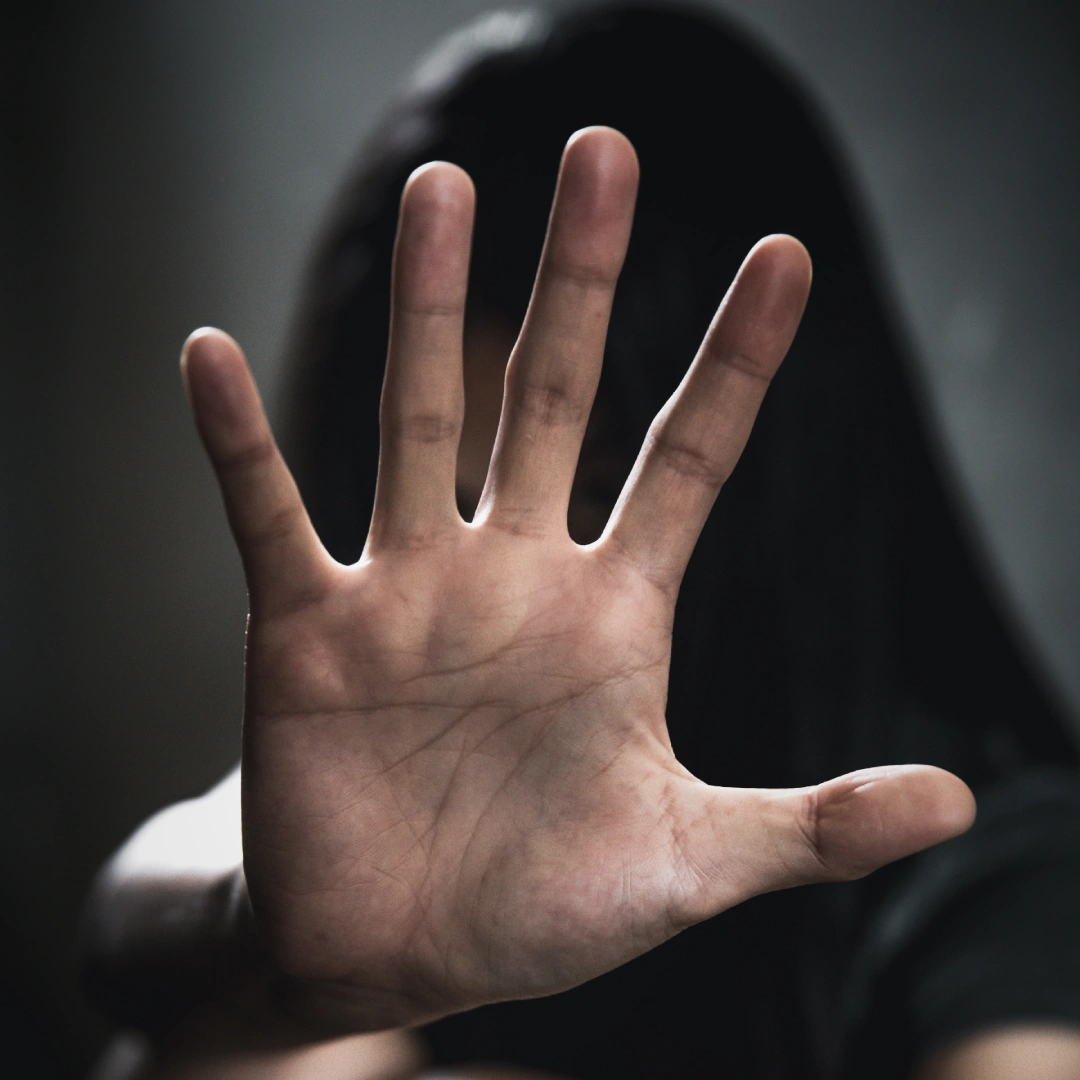Aquí tienes la traducción al inglés manteniendo el tono claro, empático y profesional:
Domestic violence in Georgia isn’t always visible, but the law recognizes it and provides tools to stop it. If you’re experiencing control, threats, humiliation, or surveillance —with or without physical abuse—, at Pineres Law we explain, in simple terms, how it fits within state law and what you can request from a judge to stay safe.
Table of Contents
What does Georgia consider domestic violence?
In Georgia, domestic violence is abuse within a family or intimate relationship used to intimidate or control. The law applies when any of the following relationships exist:
- Spouses (current or former)
- People who share a child
- Parents and children (including stepparents/stepchildren and adoptive parents/adopted children)
- People who live or have lived in the same househol
Note: Reasonable discipline of minors is not considered family violence.
Forms of Abuse Considered Domestic Violence in Georgia
Abuse can be physical, emotional, psychological, sexual, or financial. Legally, it includes actions such as hitting, pushing, restraining, choking/strangling, threats of harm, sexual assault, cruelty to children, and stalking.
Emotional and Psychological Abuse: When You’re Hurt Without Being Touched – Domestic Violence in Georgia
There may be no physical blows, but the harm is real: humiliation, insults, constant intimidation, blaming you for everything, public ridicule, or isolating you from your support network. This pattern erodes your self-esteem and your freedom to make decisions. While it may not always qualify as a standalone criminal offense, it is considered valid evidence in a family violence case. Keep a record of dates, messages, audio recordings, and witnesses—this documentation helps show the pattern and its impact.
Stalking and Cyberstalking: Ongoing Fear and Surveillance
Cyberstalking is repeated behavior that would cause a reasonable person to fear for their safety or that of their family. It includes following you, monitoring your movements, showing up unannounced, or contacting you persistently without your consent. Online, cyberstalking Here is the full translated paragraph in English, ready for your website:
Cyberstalking is repeated behavior that would cause a reasonable person to fear for their safety or that of their family. It includes following you, monitoring your movements, showing up unannounced, or persistently contacting you without consent. Online, cyberstalking can involve invasive messages, location tracking, creating fake profiles, or using technology to control or monitor. If the person involved is not a family or household member, there is a specific legal path available: a stalking protective order.
¿Quieres que lo divida en subtítulos o lo mantengo como un solo bloque?
What Can a Judge Order to Protect You from Domestic Violence in Georgia?
Through a protective order (whether for family violence or stalking), the court can:
- Prohibit contact, following, and communication
- Set a minimum distance from your home, workplace, or school
- Order the abuser to leave the shared residence
- Establish temporary custody and visitation rules
- Grant temporary support and temporary use of certain property
- Include any additional conditions necessary for your safety (for example, restrictions on the use of devices to harass you)
Duration and Extensions of Domestic Violence Proceedings in Georgia
Protective orders are usually issued first on a temporary basis (sometimes ex parte, without a prior hearing with the other party) and can later become final orders after a hearing. The typical duration is up to 12 months, but the court may extend it—even for several years or permanently—if you file a request before it expires and the judge deems it necessary.
How to Move Forward When There Is “No Physical Evidence” of Domestic Violence in Georgia
You don’t need bruises to be believed—what matters is showing the pattern. Build your case like this:
- Timeline: write down dates, locations, what happened, and who witnessed it
- Digital evidence: screenshots of messages, emails, call logs, social media posts, and tracking-related proof
- Professional support: psychological or medical reports; if children are involved, school records that reflect the impact
- Financial documentation: bank statements, emails, and documents showing control over money or unauthorized withdrawals
- Digital safety: change passwords, enable two-step verification, review active sessions, and check app permissions
Common Mistakes to Avoid When Meeting with a Domestic Violence Attorney in Georgia
Don’t delete “uncomfortable” messages — keeping them helps explain the context. Don’t share case details on social media. Don’t negotiate contact, custody, or property arrangements without legal review. Don’t minimize “isolated” incidents: a shove, a “joking” threat, an unexpected withdrawal of money, or persistent following can all be part of the same pattern.
With that material, your attorney at Pineres Law can request the appropriate protective order (family violence or stalking) and prepare a strong case for the hearing.
Quick Questions
Do I need to file a criminal case first?
No. Protective orders are civil proceedings. If a crime is involved, a separate criminal case can also be opened.
What happens if a domestic violence protective order is violated in Georgia?
You must report it immediately. Violating a protective order can lead to arrest and criminal charges.
What if I’m still living with the person?
The court can order the abuser to leave the residence and set temporary rules for communication, visitation, and financial support.
Immediate Steps If You’re at Risk of Domestic Violence in Georgia
- If you’re in immediate danger, call 911.
- Seek confidential support (hotlines, shelters, legal counseling).
- Start your incident journal today and save any evidence.
- Consult a professional to choose the type of order that best protects you and file the request with a strong foundation.
How long does a domestic violence protective order last in Georgia?
Usually, up to 12 months; the judge can extend it for several years or make it permanent if you request it before it expires and the risk remains.
Where do you file a domestic violence petition in Georgia?
At the appropriate court in the county where you live or where the abuse occurred. If you’re in immediate danger, request an ex parte Temporary Protective Order (TPO).
What evidence is useful if the abuse is digital?
Screenshots, call logs, emails, messages, location history, fake profiles, and any trace of the harassment.
What should I do if the abuser messages me “just to talk”?.
Do not respond. Save the evidence and report any violation of the order to the authorities and your attorney at Pineres Law.
What happens if I move to another county or state?
Take a copy of the order with you. Many jurisdictions recognize it; check how to register or enforce your order in the new location.
Basic Checklist Before Filing Your Petition
— Timeline of incidents with dates and locations.
— Digital evidence saved and backed up in the cloud.
— Basic financial documents.
— Contact information for witnesses willing to testify.
— Personal and digital safety plan.
— Prepared questions for your attorney (custody, visitation, support, residence).
Contact us today
If you recognize any signs, don’t face it alone. In Pineres Law we’re with you every step of the way: we help organize your evidence, determine the right protective order (family violence or stalking), prepare your hearing, and handle matters of custody, visitation, and support. Schedule a confidential consultation in Spanish or English, and let’s build a clear, safe legal plan for you and your family. Contact us today and take the next step with support.
Sources: https://www.georgialegalaid.org/resource/what-should-i-know-about-domestic-violence?lang=ES




